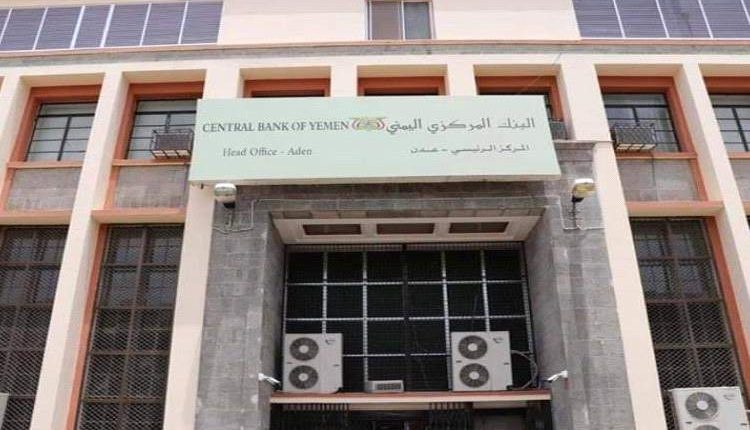ADEN, Dec. 25 (YPA) – A recent UN report has highlighted the deteriorating economic situation in the areas controlled by the government loyal to Saudi-led coalition, as well as the financial crisis facing the central bank in Aden, which has resulted in delays in paying government employees’ salaries for more than two months, and the suspension of weekly currency auctions since late October.
The United Nations Office for the Coordination of Humanitarian Affairs (OCHA) stated in its updated report on food security in Yemen for November that the central bank in Aden was unable to conduct a currency auction in November due to insufficient revenue caused by the continued suspension of oil exports and a lack of external financial support from the coalition countries.
The report, published by the Famine Early Warning Systems Network (FEWS), and shared by OCHA on its official website, indicated that “the last auction held by the central bank in Aden was on October 28, during which $30 million was offered, suggesting that the bank might deplete its foreign currency reserves, especially with no Saudi deposit available, forcing traders to use alternative, unofficial channels to obtain foreign currencies, which led to further depreciation of the local currency in Aden throughout November.”
The report noted that the average exchange rate in the coalition-held areas in November was 2054 riyals to the US dollar, representing a 35% decline compared to the previous year.
Meanwhile, the local currency in areas controlled by the Sanaa government remained relatively stable, with the exchange rate not exceeding 540 riyals per dollar.
The report highlighted the rising cost of living in the coalition-held governorates, along with limited availability of public services, and pro-coalition government’s inability to pay employee salaries for October and November 2024 due to limited revenues. This situation has led to increased tensions in many of these governorates.
It also mentioned that the governorates of Aden, Lahj, and Taiz witnessed protests related to salary delays, while strikes were announced in Aden and Lahj by teachers, professors, and medical and health professionals.
Additionally, concerns have grown regarding the coalition government’s ability to manage its financial affairs with dwindling revenues.
These concerns were amplified after the Ministry of Finance recently issued a directive to ministries and government agencies not to engage in any new financial commitments without its approval.
The report further noted that many families in the coalition-held areas have resorted to unsustainable coping strategies in an attempt to prevent or reduce food consumption gaps and meet their basic needs, such as selling their furniture and productive assets.
@E.Y.M


